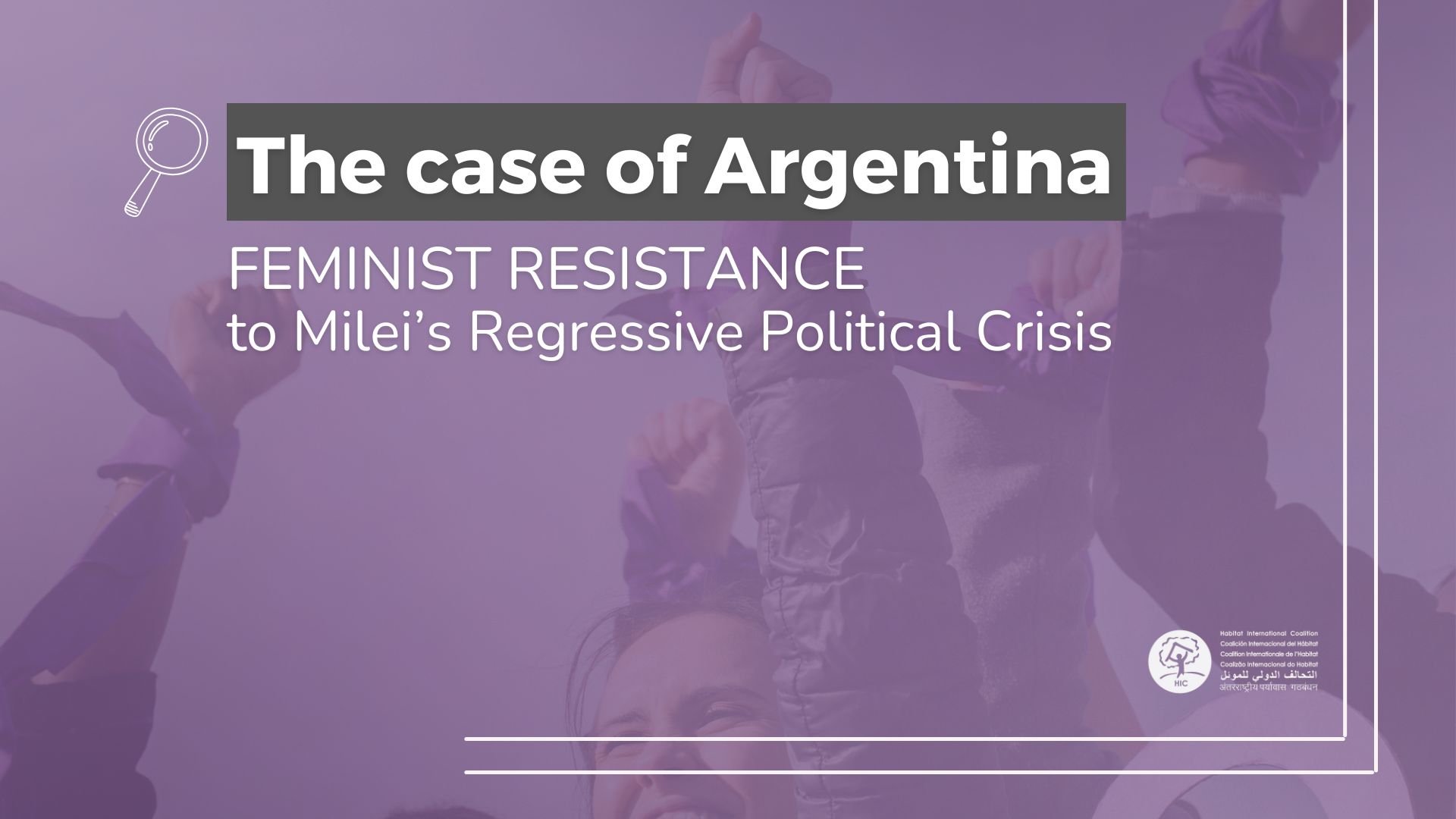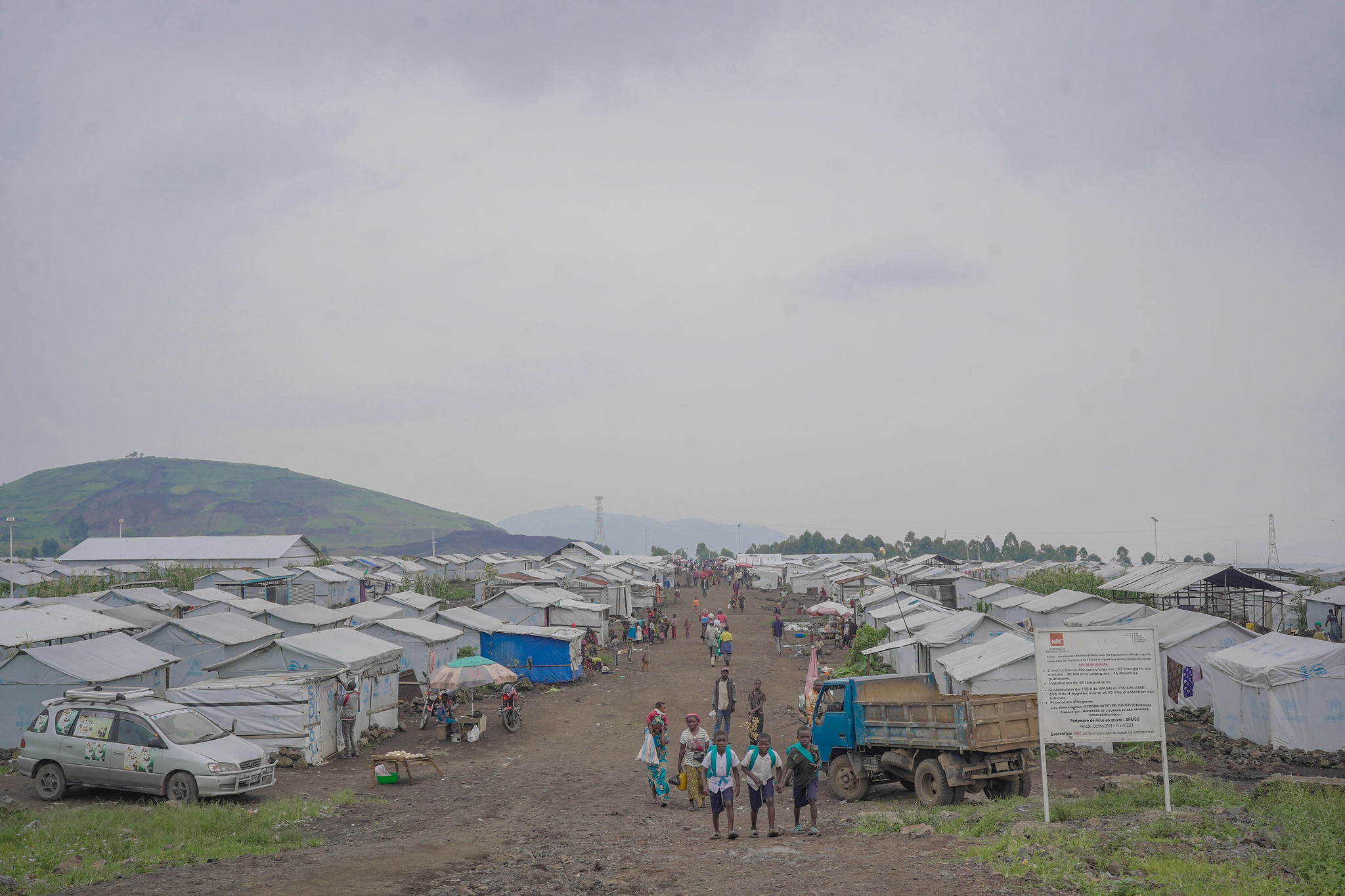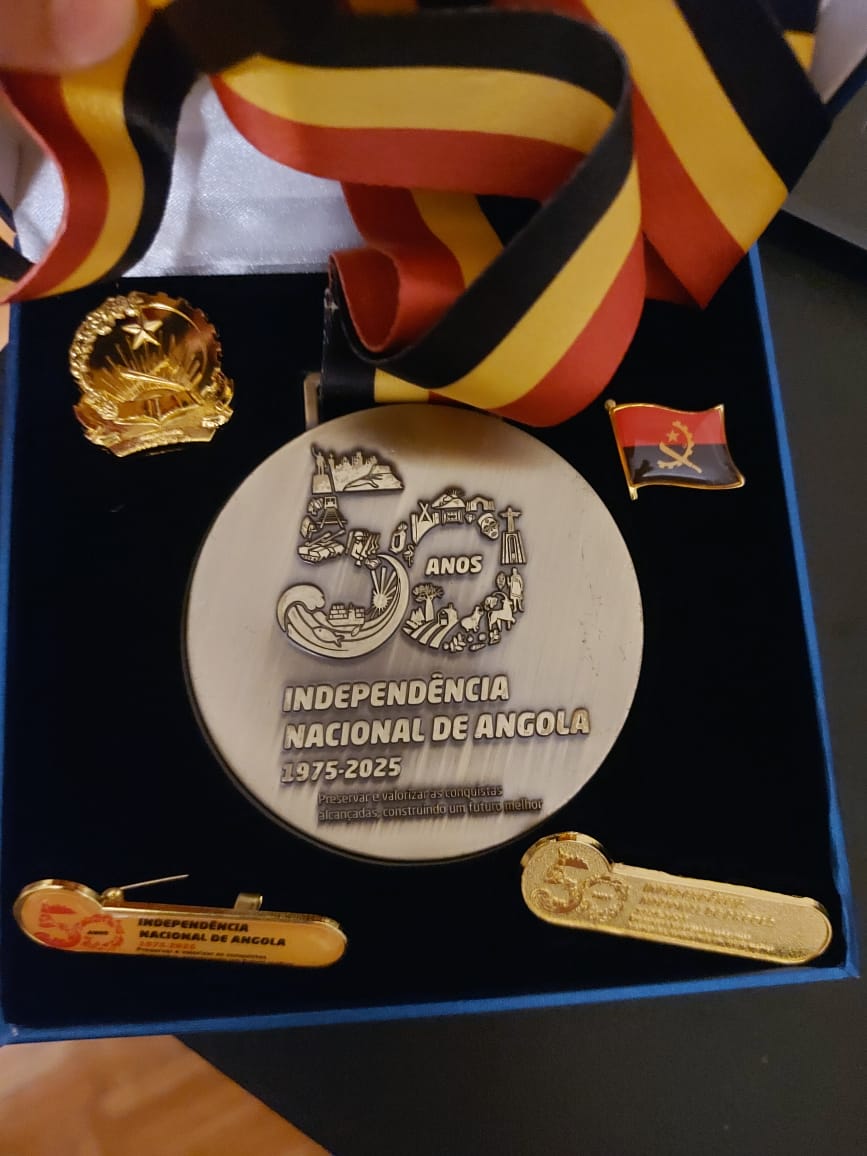Source: AFP Story based on Geneva Press briefing
The United Nation’s Special Rapporteur for Adequate Housing has resumed his attack on discrimination against Ahwazi Arabs and other minorities by the Iranian government.
He said: “When you visit Ahwaz, in terms of the very adverse conditions in the neighbourhoods, there are thousands of people living with open sewers, no sanitation, no regular access to water, electricity and no gas connections.
“In Khuzestan … we drove outside the city about 20 km and we visited the areas where large development projects are coming up – sugar cane plantations and other projects along the river – and the estimate we received is that between 200,000-250,000 Arab people are being displaced from their villages because of these projects.
“The third issue in Khuzestan, which is very disturbing, is that there is an attempt being made by the government to build new towns and bring in new people from other provinces. For example, there is the new town of Shirinshah where most of the people being brought into that town are people from Yazd province [in central Iran] – non-Arabs. So the question then is that these people who are being brought there, perhaps for work and lots of incentives, why is it that those jobs are not going to the locals?”
He attacked the land compensations schemes on offer to Ahwazi Arabs as inadequate. He said: “We looked in detail in some areas on the issue of compensation and, for example, in Khuzestan the compensation being offered to the Arab villagers who were being displaced is sometimes one fortieth of the market value – and there’s nothing they can do about it. It’s a fait accompli. That’s how it is. And all of these phenomena are continuing. It’s something that is happening almost every day.”
Underlining the marginalisation of Ahwazi Arabs from the mainstream economy, Khotari said that in Khuzestan’s slums, which are dominated by Arab, “you can actually see the towers of the oil refineries and the flares and all of that money, which is a lot, and it is going out of the province. Even a small percentage would significantly improve things in terms of development.”
Kothari’s findings back claims by Ahwazi Arab groups and social reformers in Iran, who also add that discrimination and poverty is fuelling ethnic unrest.
Nasser Ban-Assad, spokesman for the British Ahwazi Friendship Society, said: “We hope that the international community will listen to Mr Kothari and act against ethnic, religious and gender discrimination in Iran. We call on foreign governments to back political and economic solutions to the problem of political oppression and under-development. In our mind, the situation can only be resolved once Ahwazis and other minority groups have control over their homelands and economic resources.
“People living in Tehran and the Persian-Iranian diaspora continually reject the reality of the situation in Khuzestan. The Iranian intelligensia lives in a vacuum, which is why they deny the obvious fact that Iran is multi-ethnic.
“The West must stop listening to just the wealthier and slick elements of the Persian-dominated opposition, which embrace Persian nationalism, and start to hear the voice of Iran’s oppressed and impoverished non-Persian ethnic groups. We thank Mr Kothari for highlighting the problems faced by Iran’s minorities.”


